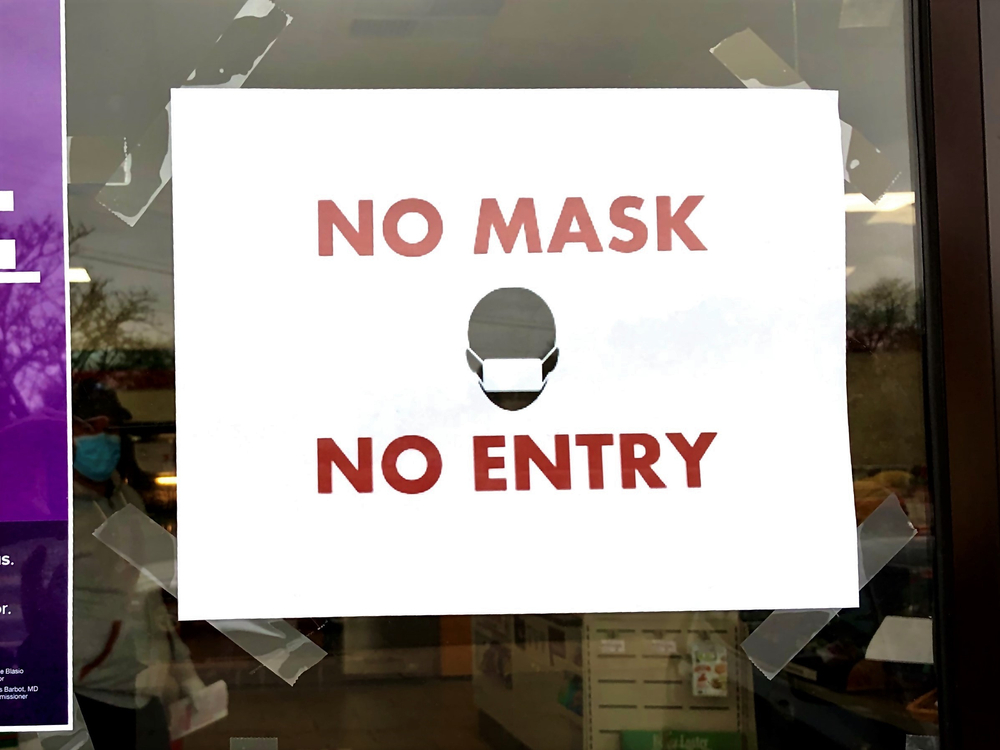Shakespeare cast doubt on the importance of a name in Romeo’s famous declaration: “What’s in a name? That which we call a rose by any other name would still smell as sweet.”
His Montague family and Capulet enemies, however, put much more value on their names than do millions of others. So when you feel your legal name doesn’t represent who you are, the law allows ways to change it.
It’s a fairly simple process unless you have financial or legal issues in your past.
“If you have had legal troubles that doesn’t mean you can’t get your name changed. It’s just a little more complicated,” said Elizabeth Barnes, an attorney in St. Petersburg, Fla. “I had a client who was formerly homeless and had probably 20 charges of public intoxication and public urination back in the ‘80s. But he got his act together and wanted his name changed (from his stepfather’s last name) and he did it.”
RELATED: What you need to know about product liability
RELATED: When the government comes for your property, what are your rights?
There are three instances when you don’t have to petition the court to change your name: marriage, divorce and adoption or paternity proceedings. The name change is part of the primary legal proceedings and doesn’t cost extra.
“But say you don’t change your name during divorce proceedings and then a year later decide you want to go back to your own (maiden) name and drop your ex-husband’s name, then you have to petition the court and it’s going to cost you,” Barnes said.
Fees and procedures vary, of course, across the country. The filing fee can cost as little as $25 in some Alabama counties and as much as $500 in certain Louisiana parishes.
You cannot change your name if:
- You are a convicted sexual predator.
- You are in the middle of bankruptcy proceedings. Everything must be resolved, creditors paid and the case closed before you can petition for a name change, according to Barnes.
Changing a name doesn’t conceal any type of previous convictions, because background checks will still find financial and legal troubles tracked with a Social Security number.
If you don’t have any complicating factors such as a bankruptcy or arrest record, petitioning the court to change your name is a fairly straightforward process and probably something most people can accomplish without an attorney, Barnes said.
“There is not a lot of risk. Nobody is working against you,” she said. Most states’ family law sections of their Supreme Court websites have forms to download.
In Florida, for example, applicants must:
- Get a criminal background check
- Get fingerprinted at a licensed fingerprinting facility.
- Know biographical information such as your birthplace, parents’ names and mother’s maiden name.
- Know all addresses where you have lived since birth.
- List levels of education and schools from which graduated.
- List all places of work.
- Include names and birthdates of any children.
If you don’t know an address where your family or you rented an apartment for a year more than 20 years ago in another state, this won’t prevent a name change, but it’s better to say so than ignore this hole in your history.
“You are signing an oath saying all of this is the full truth so it’s best not to lie,” Barnes advised. “If you don’t have a really straightforward history, that’s when it is a good idea to hire an attorney.”
Once you turn in paperwork with the clerk of court, the average wait to go before a judge is about six months. (The process can be expedited if the case stems from an emergency custody hearing or domestic abuse.)
Before going before a judge, a staff attorney will look at the petition and contact you with any questions. Then you have your day in court, usually in the judge’s chambers.
“The judge swears you in with your old name and you swear that everything you said in the petition is the truth and you are not changing your name to avoid legal or financial troubles,” Barnes explained. “Then the judge gives you your new name, and signs the order and you go on your way.”
It’s a good idea to request five certified copies of the order changing your name that day, Barnes advised. You will need to get one to change your name with Social Security, your passport, your driver’s license and perhaps other agencies.
Contact Katherine Snow Smith at [email protected]. Follow her on Twitter at @snowsmith.














